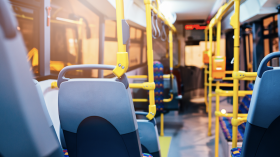Grantex is the UK’s leading supplier of specialist aggregates and producer of Premium Dried Sports Sand for High-Performance Synthetic Pitches.
Creating and maintaining an outstanding synthetic pitch starts with the right foundation. Grantex premium dried silica sand is engineered to deliver exceptional performance, durability and safety across a range of synthetic sports surfaces.















